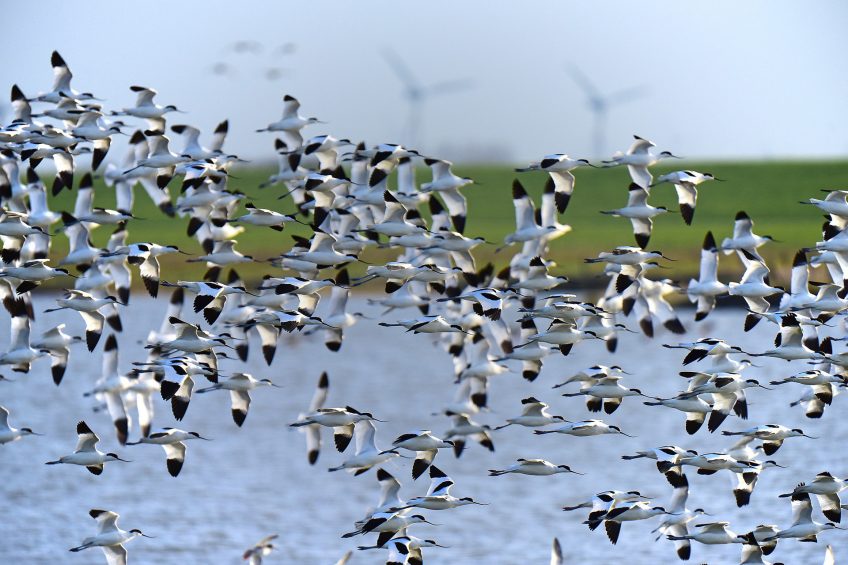Hong Kong restricts poultry imports from AI-hit countries

Hong Kong has this week suspended poultry meat and egg imports from parts of the United States, Mexico and France following new outbreaks of avian influenza.
AI outbreak in Mexico
Mexico reported 2 cases of high pathogenic H7N3 avian influenza in the central part of the country. Mexican officials reported to the OIE that the virus killed 1,380 of 1,900 Rhode Island Red chickens in the state of Guanajuato. The remaining birds were culled.
A second outbreak was detected among a backyard flock in the neighbouring state of Queretaro, which led to 26 birds being culled. Mexico reported an outbreak of H7N3 last year.
AI outbreak in US
The United States has reported a second case of low path H7 virus. The latest outbreak in Texas was detected during pre-slaughter testing in a broiler breeder flock in Hopkins County, located in the northeastern corner of the state.
The flock had exhibited a slight increase in mortality and a drop in egg production and up to 24,000 have been culled. The farm is about 350 miles south of Missouri’s Jasper County, where low pathogenic H7N1 was reported last week on a commercial turkey farm. The cases are the first in the US this spring.
Check out the interactive Poultry Health Tool – with the latest insights on the 40+ most common poultry diseases.
AI in France
Poultry products have also been banned from the south west French province of Landes following a recent case of low pathogenic H5N2 virus.
AI in the Netherlands
Meanwhile, the latest case in the Netherlands was found at a duck farm at Leidijk in Kamperveen, which is believed also to have suffered successive bird flu outbreaks in 2014 and 2016.
Dutch poultry farmers’ union spokesperson Hennie de Haan told local Dutch media that the case was a real blow: “This is horrible news. We were just hoping to be past it. Usually this is the period that the birds fly away and that the avian influenza risk therefore leaves.”












